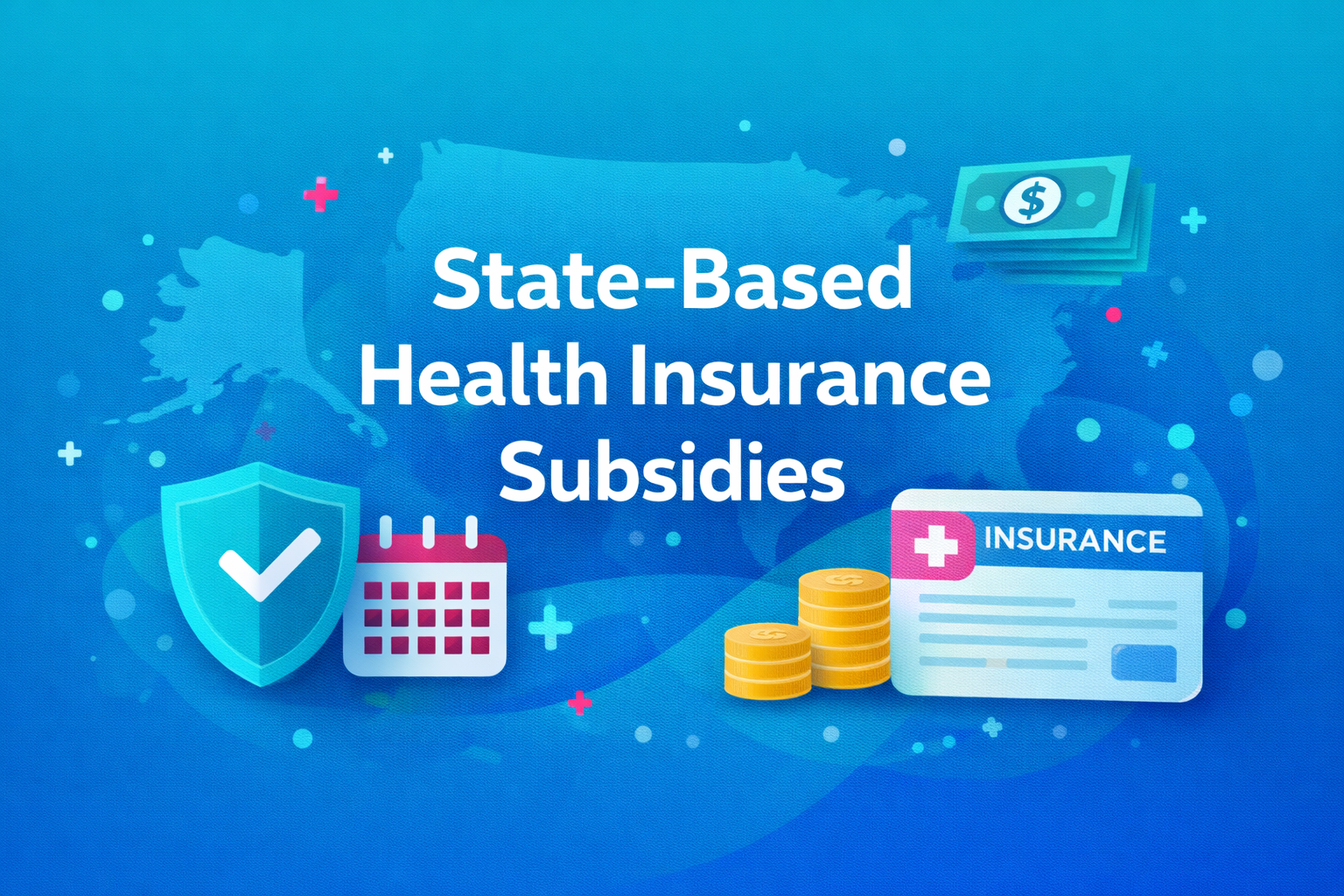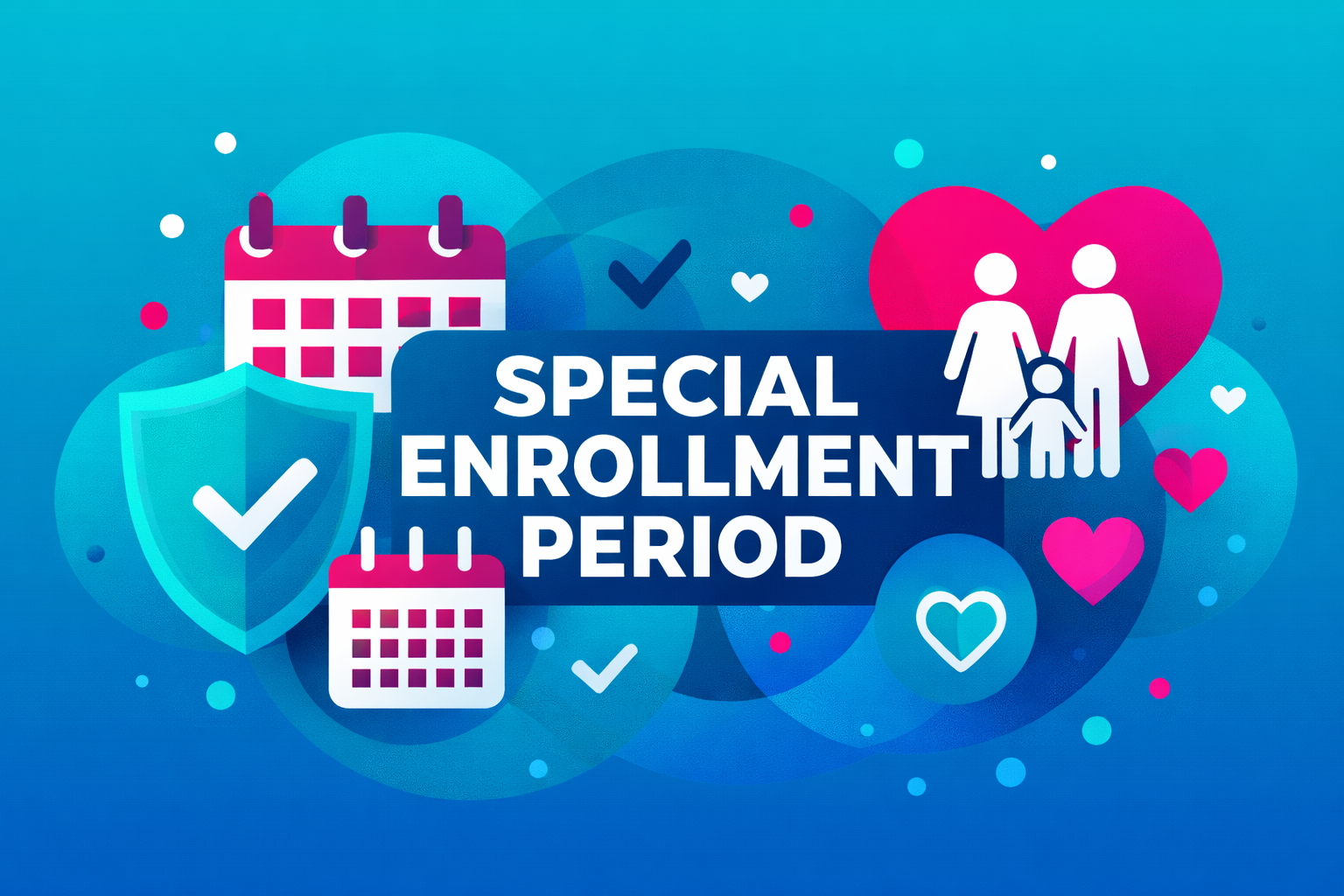There has been a lot of coverage in the media about the end of the public health emergency (PHE) and Medicaid redeterminations restarting after a three-year hiatus. Up to fifteen million people could lose health insurance coverage over the next twelve months. People could lose coverage for a variety of reasons, one of which being that they now qualify for tax credits under the Affordable Care Act (ACA) on their state’s health insurance exchange.
In 2018, before the COVID-19 pandemic, about three percent of Medicaid beneficiaries who were disenrolled from Medicaid or CHIP in 2018 enrolled in exchange coverage, and more than 70 percent of adults and children moving from Medicaid to exchange coverage had gaps in coverage. Throughout the Medicaid unwinding, agencies will be working hard to minimize coverage gaps and get people the health insurance for which they qualify.
But Medicaid agencies aren’t the only ones aiming to mitigate coverage loss. State-based exchanges (SBEs) can, and will, and are playing a critical role in managing the churn between ACA health insurance and Medicaid, and vice versa. Some of the ways SBEs can help include:
- Outreach and Education: State-based exchanges can help to educate individuals who are transitioning between Medicaid and ACA health insurance plans. They can provide information about the benefits and costs of each type of plan, eligibility criteria, and enrollment periods. By providing this information, state-based exchanges can help to reduce confusion and ensure that individuals are aware of their options.
- Seamless Enrollment: State-based exchanges can implement seamless enrollment processes that allow individuals to transition between Medicaid and ACA health insurance plans without experiencing gaps in coverage. This can be achieved by designing rules that allow for backdated coverage.
- Coordinated Eligibility Determination: State-based exchanges can work closely with state Medicaid agencies to ensure that eligibility determinations are tightly coordinated and streamlined. This can help to reduce the administrative burden on individuals and ensure that they are enrolled in the appropriate plan based on their eligibility status.
- Data Sharing: State-based exchanges can facilitate data sharing between Medicaid and ACA health insurance plans. This can help to ensure that individuals receive appropriate care and services regardless of their insurance status. For example, data sharing can help to ensure that individuals who are transitioning from Medicaid to ACA health insurance plans continue to receive necessary medical services without interruption.
Effectively executing the Medicaid unwind will take a village. By implementing outreach and education efforts, seamless enrollment processes, coordinated eligibility determination, and data sharing initiatives, state-based exchanges can help to ensure that individuals receive the care and services they need without interruption.






